Mission to feed the world
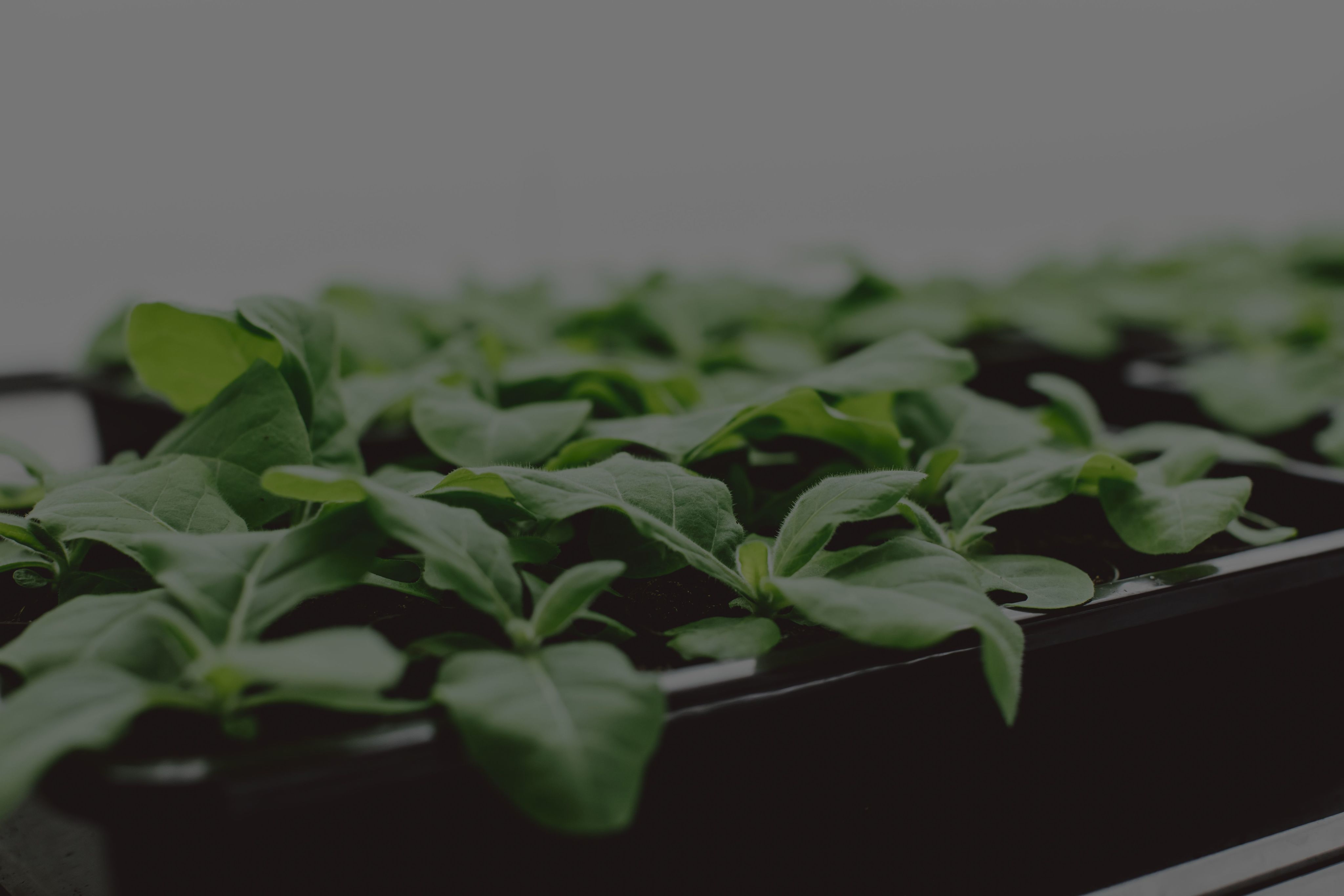
The race is on to find solutions to grow enough food to feed the world’s booming population.
One answer is improving photosynthesis - the complex natural process all plants use to convert sunlight into energy.
For nearly 50 years Essex researchers have been a powerhouse for innovation and excellence in photosynthetic research.

Pioneers in photosynthesis
To ensure there is enough food to feed the world, the next Green Revolution needs to harness modern genetic advances so we get the most out of the crops we grow.
Improving photosynthesis remains a source of untapped potential. By hacking this complex 170-step process we have a chance to realise global food sustainability this century.
Photosynthesis is the single most important process on earth - it is the source directly or indirectly of all of our food and the oxygen we breathe.
When Professor Steve Long began the plant group at the University of Essex in 1975, joined by Professor Neil Baker a year later, little did they know that they were taking the first steps on an exciting new journey of discovery.
Their early focus on developing new technology to measure photosynthesis on actual living plants was revolutionary for its time.
It was the first move towards Essex gaining the enviable international reputation it has today in pioneering photosynthetic research and innovation.
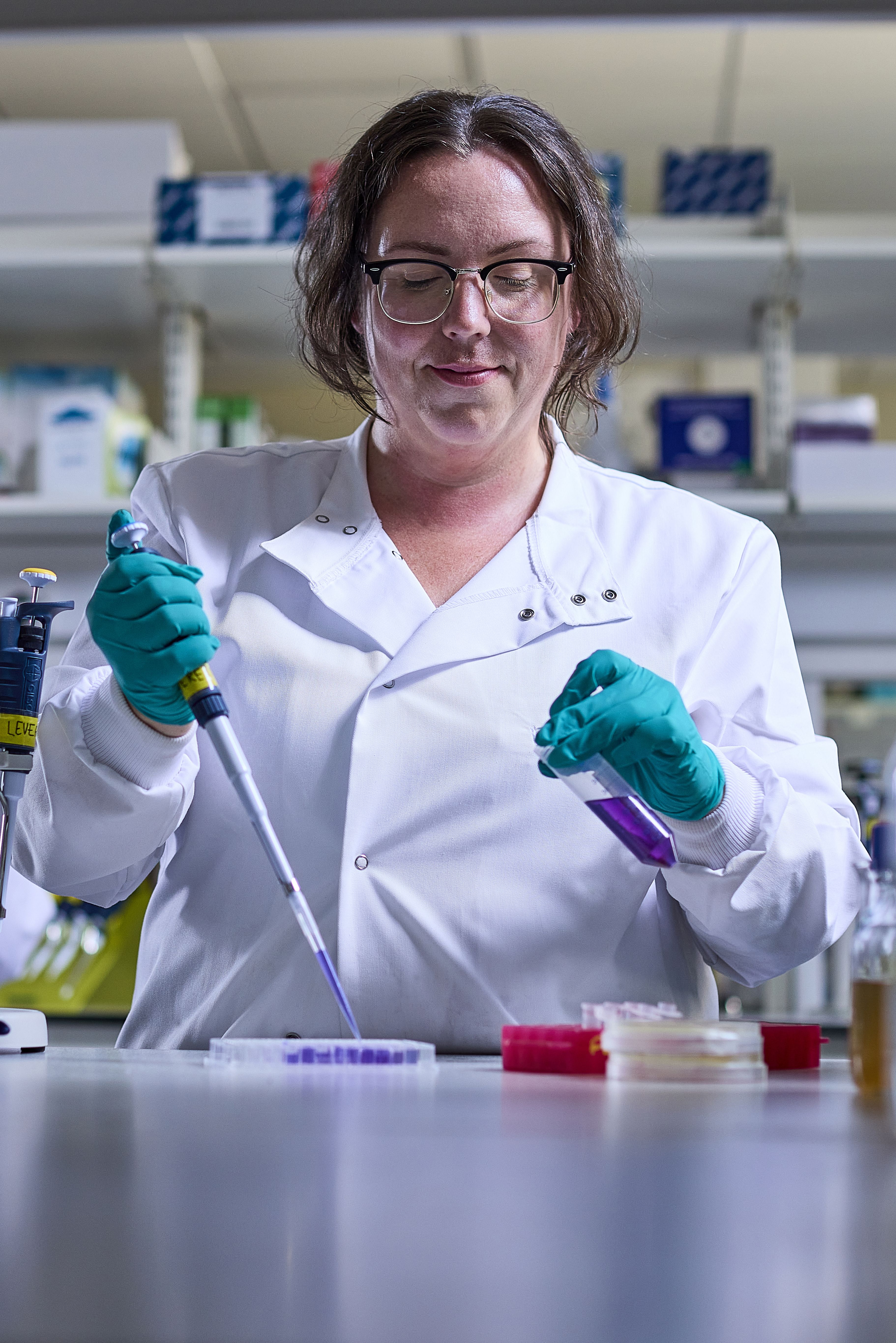
Adapting to the demands of climate change
The demands for a growing world population – estimated to reach 9.7 billion by 2050 – are putting increasing pressure on the need for higher yielding crops that do not rely on a high input and demand of chemicals or water.
But crops in some parts of the world are under a tremendous amount of stress, having to cope with extreme spells of rain, high temperatures and drought.
Climate change is only going to make conditions even more challenging.
Water is critical to plants and the unpredictability of a water supply is one of the main drivers to negatively affect plant yield.
The expected human population boom means a step-change in agricultural productivity, sustainability and resilience is needed to keep up with demand. Ensuring future food security and building climate resilience is also central to the UN’s global sustainable development goals.
With this growing focus on climate change and the environment, the research carried out by Essex’s Plant Productivity Group is more important than ever.
This team of researchers in our School of Life Sciences have considerable expertise in the physiology of plants in the laboratory and the field.
Uniquely, they have the capacity to place our research in a real-world, socio-economic context, ensuring we are dealing with issues of global importance.
They are taking a whole organism approach to identify key genes and processes that determine how well plants cope in constantly changing environmental conditions – from severe drought to extremes of light and temperature.
Harnessing the sun to help
feed the world
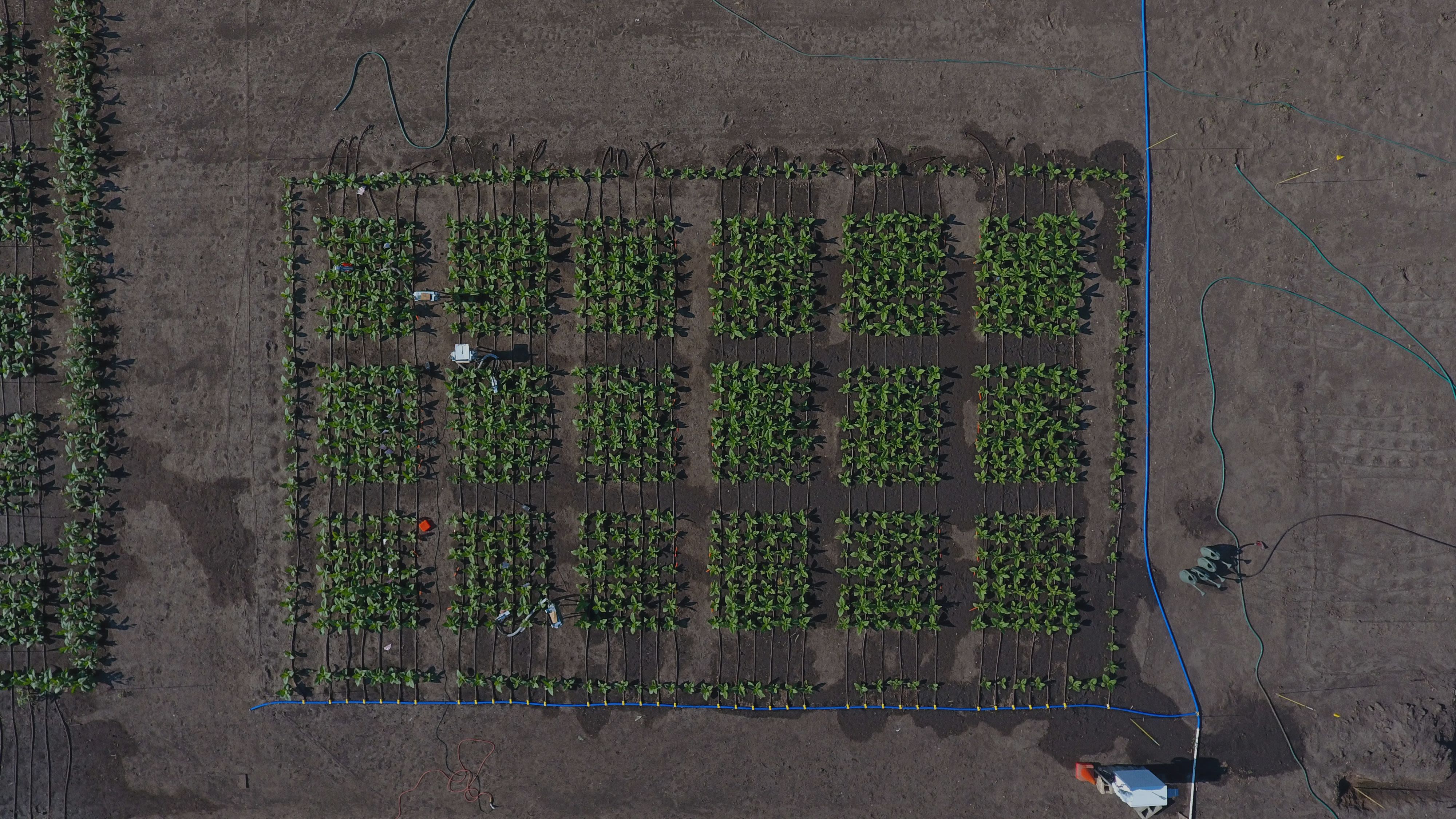
It was Essex’s reputation for innovation and excellence in photosynthetic research which made it a key player in the inception of international research project RIPE (Realizing Increased Photosynthetic Efficiency) in 2012.
RIPE has a simple mission – to end hunger worldwide.
Based at the University of Illinois, the RIPE project has attracted multi-million-dollar funding from organisations including the Bill and Melinda Gates Foundation, Foundation for Food and Agriculture Research and the UK’s Foreign, Commonwealth & Development Office.
Researchers are engineering plants to improve photosynthesis to increase the yields of staple food crops for smallholder farmers in sub-Saharan Africa and Southeast Asia.
So far, RIPE has demonstrated through laboratory, greenhouse and replicated field trial experiments that three of its objectives can significantly increase the productivity of model crops.
Essex’s involvement in RIPE has led to major research advances, including finding a way to protect crop performance in the face of rising global temperatures in December 2021. Essex research has also led to two patent applications for new strategies to improve photosynthesis and water use efficiency in plants.
“The University of Essex is central to this effort and was indeed the inspiration for the project.
“More than 30 years ago Professor Christine Raines identified one enzyme, known to us as SbPase, which exerted strong control over the efficiency of photosynthesis.
“On increasing its amount, Professor Raines showed substantial improvement in the growth of plants in the greenhouse at Essex.
“This was the first proof that it was possible to improve photosynthesis for higher productivity and opened the door for the RIPE Project.”
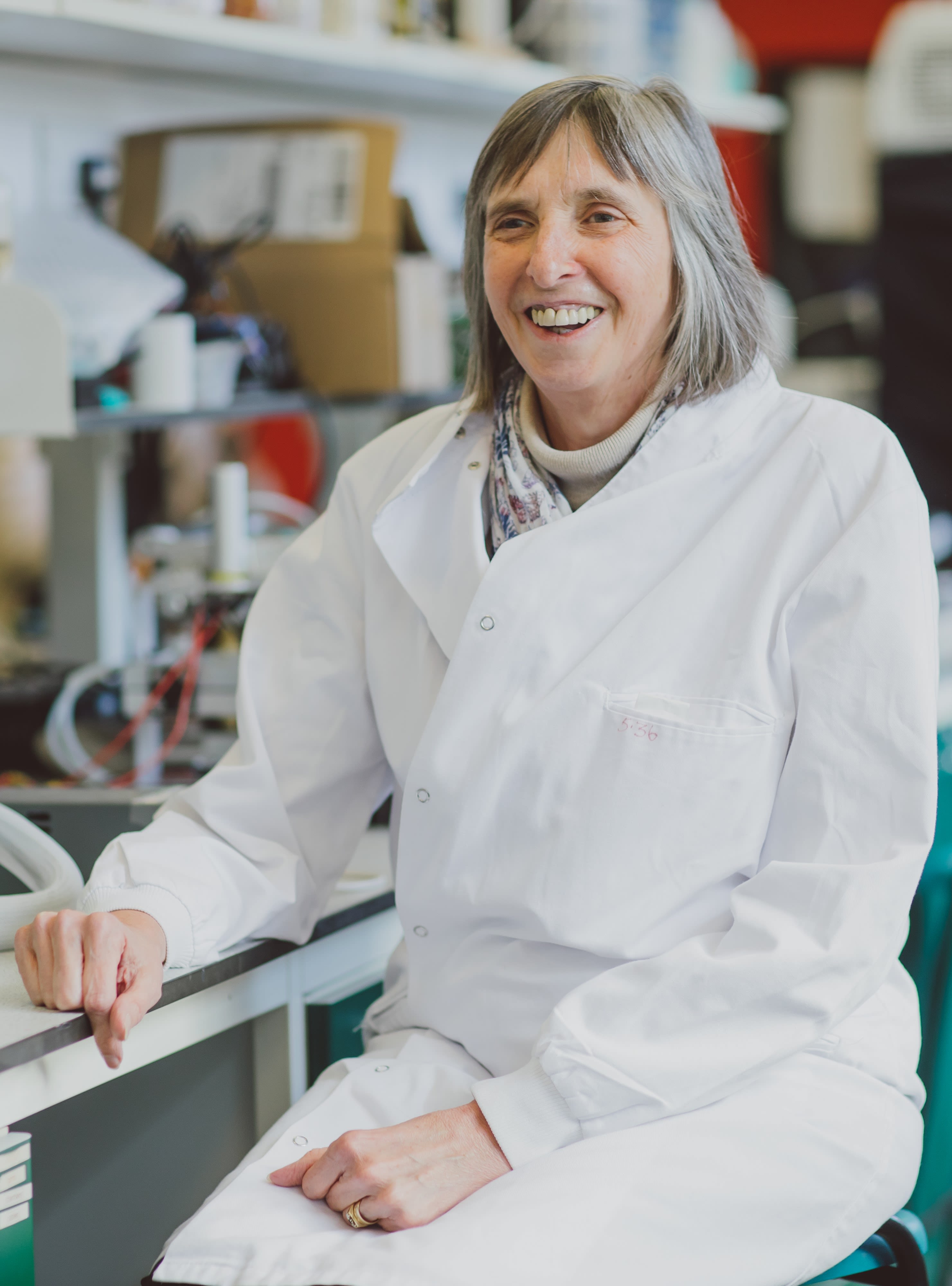
Essex Plant Innovation Centre (EPIC)
With one of the longest established whole plant physiology and photosynthesis groups in the UK, our School of Life Sciences is determined our research remains relevant and addresses real-world challenges.
We have built strong links and successful collaborations with the horticultural and agricultural industry.
However, we wanted to take these relationships to the next level.
We have done this with EPIC – the Essex Plant Innovation Centre – which provides a new platform to bring together the research expertise, skill and technical capabilities across all our faculties to explore new opportunities to engage with industry.
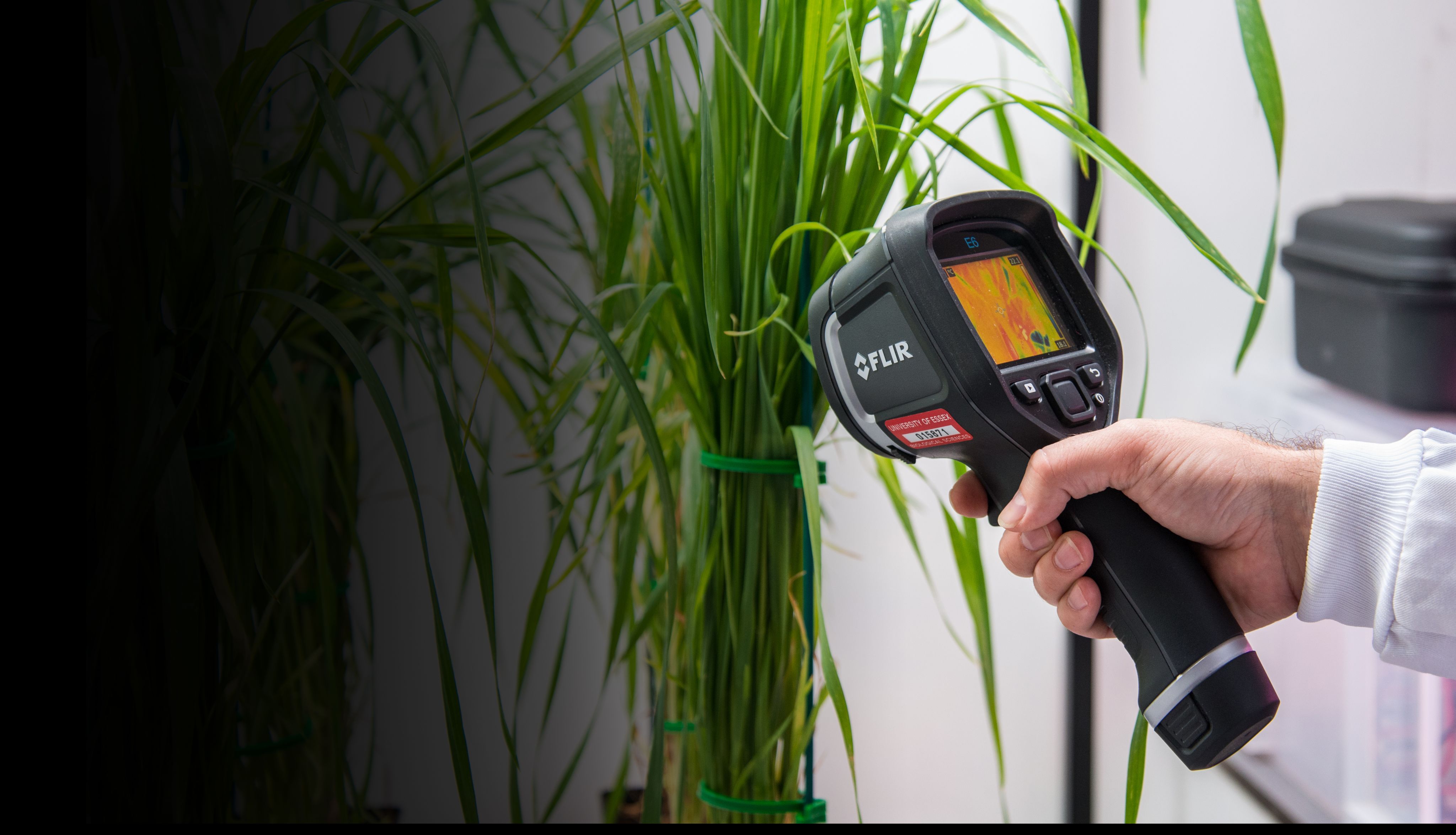
“To further develop our plant science capabilities, we are creating a new state-of-the-art indoor crop growth facility STEPS (Smart Technology Experimental Plant Suite), thanks to a £1 million grant from the Wolfson Foundation.
“The £3.5million facility will be able to grow plants in a suite of fully automated and adjustable environments, including a dynamic field that is capable of mimicking the outdoor environment in real time.”

Life Sciences at Essex
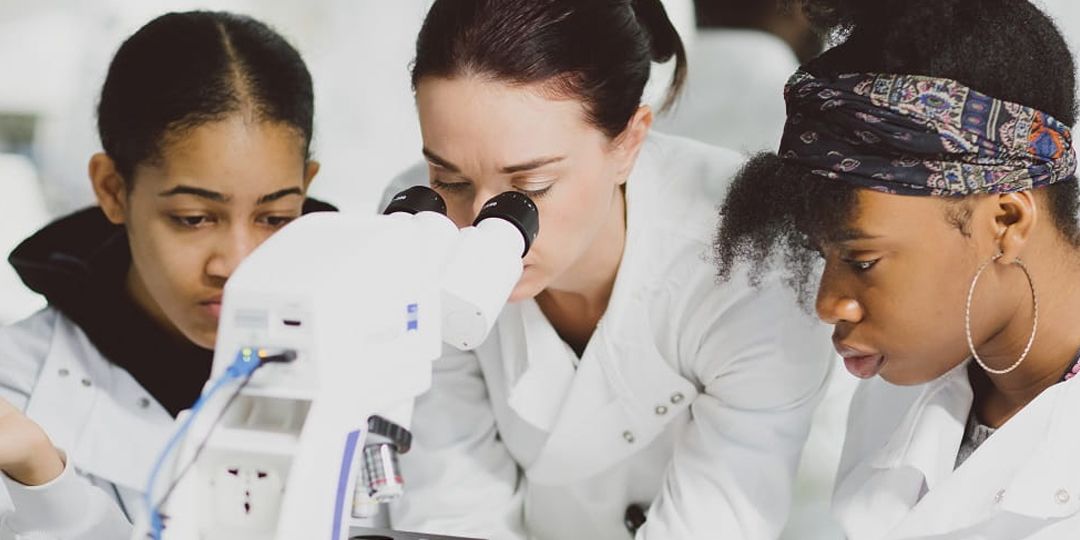
Study biological sciences
Our multi-disciplinary environment enables us to offer a wide range of modular, interdisciplinary taught postgraduate courses which provide targeted training in specialist areas of biological sciences.
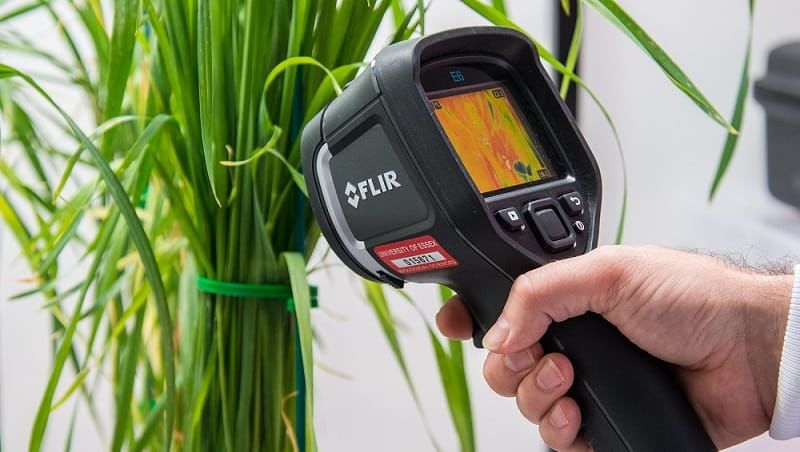
Research in Life Sciences
With two research centres and four groups, we bring together like-minded researchers to share ideas, knowledge, laboratories and equipment in the pursuit of fundamental and applied research that addresses national and international priorities.

Working with business
G’s partnered with the Institute for Analytics and Data Science at Essex and through a Knowledge Transfer Partnership (KTP) brought in leading AI, data science and data analytics expertise from University's Essex Plant Innovation Centre for insights into environmental factors and biological processes.
Read our case study and see how we might be able to help your business
